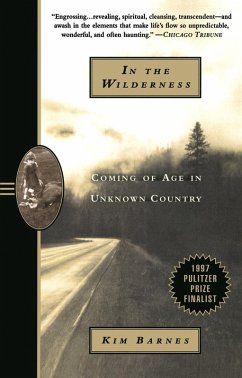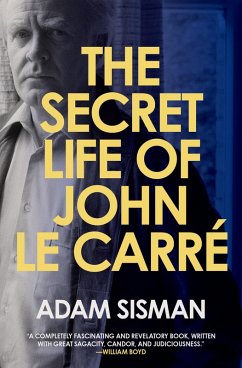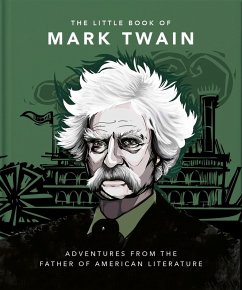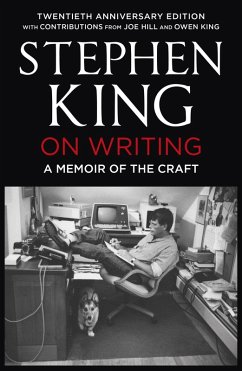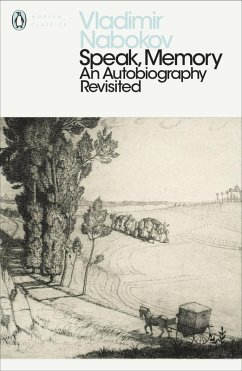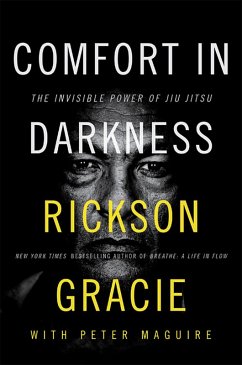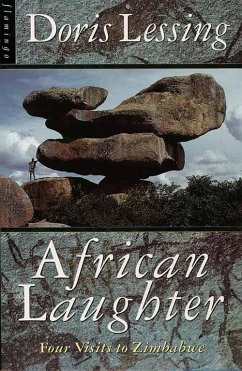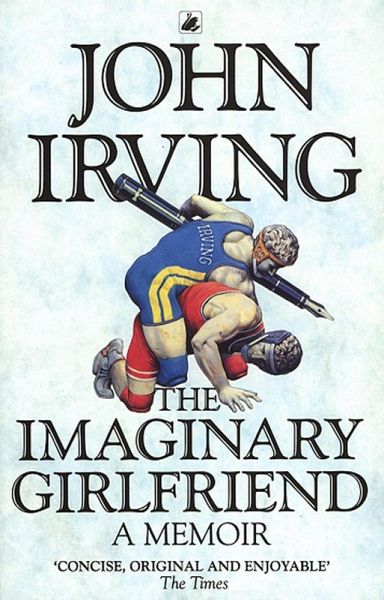
The Imaginary Girlfriend (eBook, ePUB)
Versandkostenfrei!
Sofort per Download lieferbar
10,99 €
inkl. MwSt.
Weitere Ausgaben:

PAYBACK Punkte
0 °P sammeln!
From a novelist known for the complexity of his novels - they are also long - comes an autobiography of compelling simplicity; it is also short. Dedicated to the memory of two wrestling coaches and two writer friends, The Imaginary Girlfriend is a lucid portrait of the writers and wrestlers who played a mentor role in John Irving's development as a novelist, a wrestler and a wrestling coach. Moreover, this candid memoir portrays a father's dedication to his children: Irving coached his sons Colin and Brendan to New England championship titles - a championship that, as a competitor, he himself ...
From a novelist known for the complexity of his novels - they are also long - comes an autobiography of compelling simplicity; it is also short. Dedicated to the memory of two wrestling coaches and two writer friends, The Imaginary Girlfriend is a lucid portrait of the writers and wrestlers who played a mentor role in John Irving's development as a novelist, a wrestler and a wrestling coach. Moreover, this candid memoir portrays a father's dedication to his children: Irving coached his sons Colin and Brendan to New England championship titles - a championship that, as a competitor, he himself was denied.
John Irving began writing and wrestling when he was fourteen. He competed as a wrestler for twenty years, he was certified as a referee for twenty-four and he coached the sport until he was forty-seven. His thirty-three years in wrestling are three times those he spent as a student and a teacher of Creative Writing; yet his concise autobiography details the interrelationship of the disciplines of writing and wrestling - from the days when Irving was a beginner at both pursuits until his fourth wrestling-related surgery at the age of fifty-three.
The Imaginary Girlfriend is both a work of the utmost literary accomplishment and a paradigm for living.
John Irving began writing and wrestling when he was fourteen. He competed as a wrestler for twenty years, he was certified as a referee for twenty-four and he coached the sport until he was forty-seven. His thirty-three years in wrestling are three times those he spent as a student and a teacher of Creative Writing; yet his concise autobiography details the interrelationship of the disciplines of writing and wrestling - from the days when Irving was a beginner at both pursuits until his fourth wrestling-related surgery at the age of fifty-three.
The Imaginary Girlfriend is both a work of the utmost literary accomplishment and a paradigm for living.
Dieser Download kann aus rechtlichen Gründen nur mit Rechnungsadresse in A, B, BG, CY, CZ, D, DK, EW, E, FIN, F, GR, HR, H, IRL, I, LT, L, LR, M, NL, PL, P, R, S, SLO, SK ausgeliefert werden.





